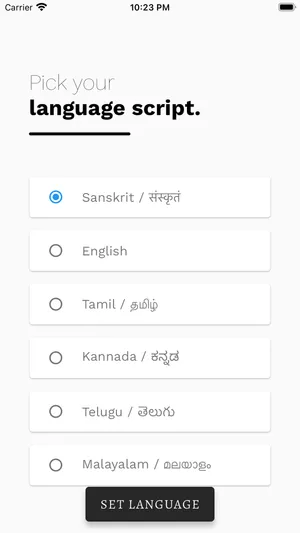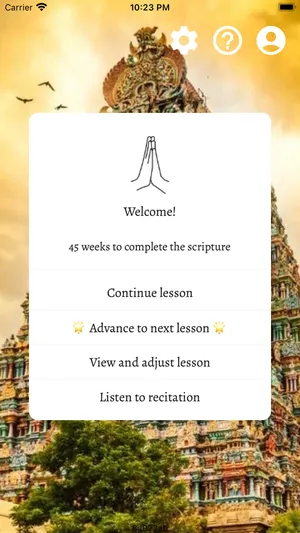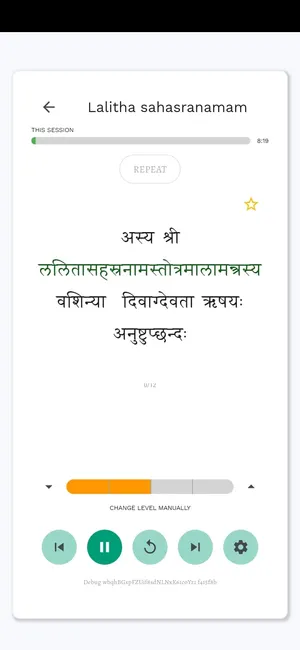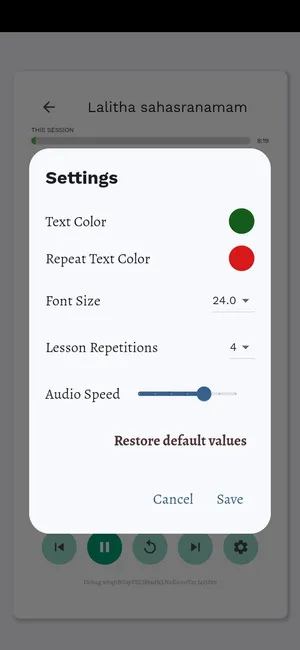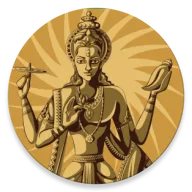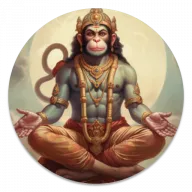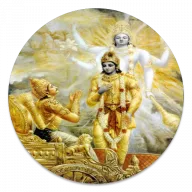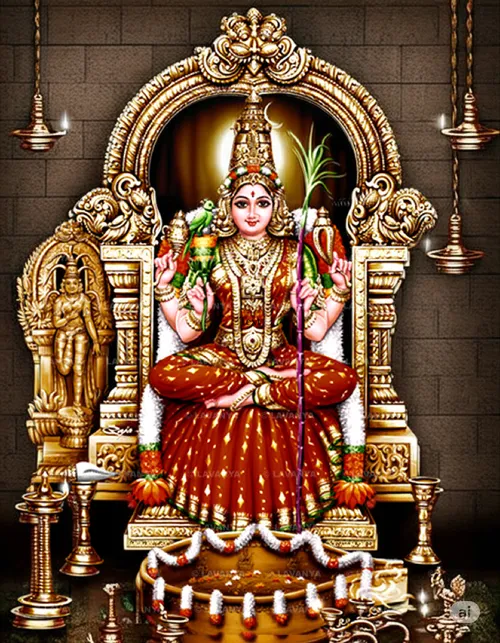
Learn Lalitha Sahasranamam
Lalitha Sahasranamam, a revered Hindu scripture, is a divine hymn comprising the 1008 names of the Supreme Goddess Lalita Tripurasundari. Found within the Brahmanda Purana, this sacred text is presented as a dialogue between Hayagriva, an incarnation of Vishnu, and the sage Agastya. The recitation of these names is considered a powerful form of worship and a means to attain spiritual liberation. Each of the 1008 names is not merely a label but a profound description of the Goddess's various attributes, powers, and cosmic roles. They encapsulate her as the creator, preserver, and destroyer of the universe, representing her multifaceted nature from the fierce warrior to the benevolent mother. The names describe her physical form, her divine weapons, her abode, and her infinite compassion towards her devotees. The scripture is unique as it is a rare Sahasranamam that does not contain a single name that depicts the Goddess inauspiciously. Chanting or listening to these names is believed to offer immense spiritual and material benefits. According to the Phalashruti, the section detailing the results of recitation, it protects devotees from negative influences, grants prosperity, and cleanses the mind of impurities. It is a powerful tool for meditation, fostering a deep connection with the Divine Feminine. Practitioners often chant the Lalitha Sahasranamam with devotion to gain inner peace, overcome obstacles, and experience spiritual growth. This ancient scripture serves as a guide for understanding the nature of reality and the path to self-realization, making it a cornerstone of Shakta tradition and a cherished part of daily spiritual practice for millions worldwide.

